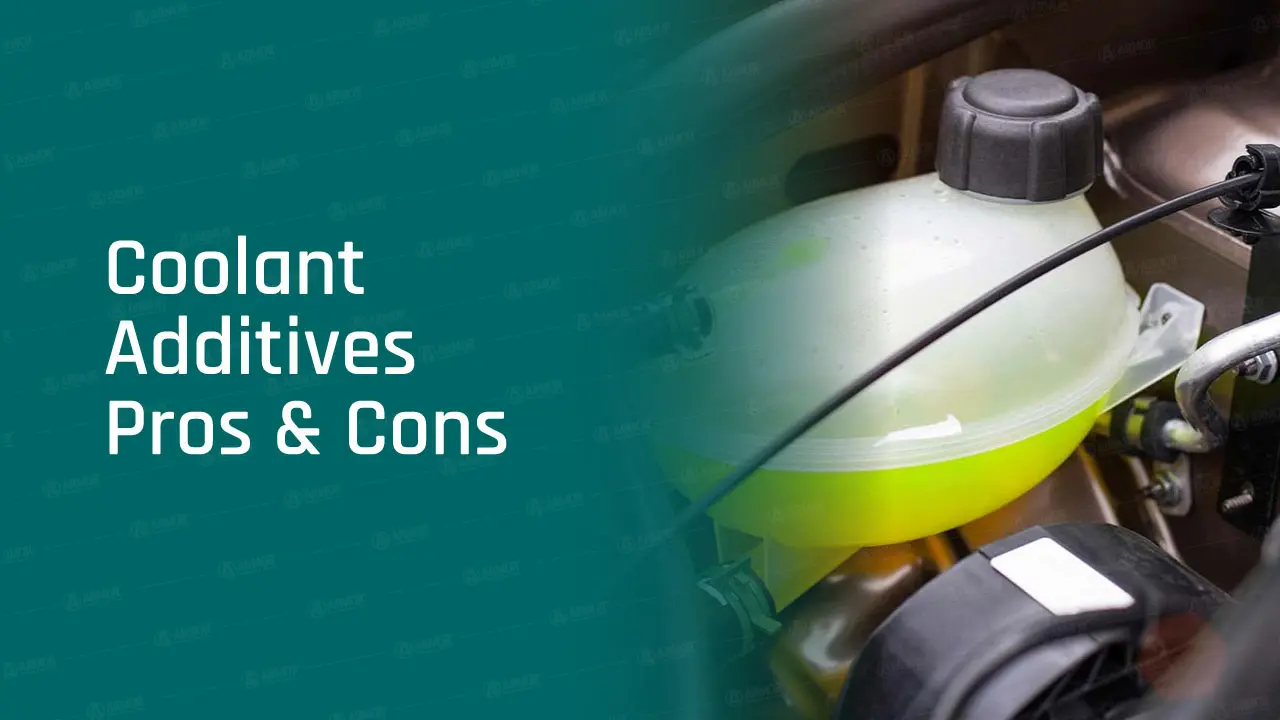- Armor Blog
- Technical
- Improving Metalworking Fluid Performance with Oleo Derived Additives

Introduction to Metalworking Fluids and Oleo Derived Additives
Metalworking fluids (MWFs) are liquids used to cool, lubricate, and clean metal parts during machining operations. They can improve the quality and efficiency of metalworking processes, as well as extend the tool life and prevent corrosion.
MWFs can be classified into four main types: straight oils, soluble oils, semi-synthetic fluids, and synthetic fluids. Each type has different properties and applications depending on the metal, the operation, and the desired performance.
Oleo derived additives are substances derived from natural oils, such as vegetable oils or animal fats, that are added to MWFs to enhance their properties or functions. Some examples of oleo derived additives are emulsifiers, corrosion inhibitors, biocides, extreme pressure agents, and anti-wear agents.
Oleo derived additives can offer several advantages over synthetic additives, such as biodegradability, renewability, low toxicity, and compatibility with various MWFs. However, they also have some challenges, such as stability, availability, and cost. Therefore, it is important to select the appropriate oleo derived additives for each MWF type and application.
Benefits of Using Oleo Derived Additives in Metalworking Fluids
Oleo derived additives are substances derived from natural oils that can enhance the performance of metalworking fluids. They can provide benefits such as improved lubricity, reduced friction, enhanced corrosion protection, and increased biostability. Oleo derived additives can also reduce the environmental impact of metalworking fluids by lowering their toxicity and biodegradability. Therefore, using oleo derived additives in metalworking fluids can improve the efficiency and sustainability of metalworking operations.
Learn about the advantages and disadvantages of biodegradable lubricants in this informative blog post.
How Oleo Derived Additives Improve Metalworking Fluid Performance?
Oleo derived additives can improve metalworking fluid performance in several ways, such as:
- Reducing friction and wear: Oleo derived additives can form a protective film on the metal surface, reducing the contact between the tool and the workpiece. This can lower the friction coefficient and prevent excessive heat generation and metal deformation.
- Enhancing corrosion protection: Oleo derived additives can provide a barrier against moisture and oxygen, preventing rust and corrosion on the metal parts. They can also neutralize acidic contaminants and inhibit microbial growth that can degrade the fluid quality.
- Improving emulsion stability: Oleo derived additives can help to stabilize the emulsion of oil and water in metalworking fluids, preventing phase separation and improving fluid performance. They can also reduce foaming and improve lubricity and cooling properties.
Challenges and Solutions in the Adoption of Oleo Derived Additives
The adoption of oleo derived additives faces several challenges in the market, such as high production costs, low availability, and regulatory barriers. In this paragraph, we will discuss some of the possible solutions to overcome these challenges and promote the use of oleo derived additives.
One of the solutions is to improve the efficiency and sustainability of the production process of oleo derived additives. This can be achieved by using biocatalysts, such as enzymes and microorganisms, that can convert natural oils into desired additives with high yield and selectivity.
Biocatalysts can also reduce the environmental impact of the production process by minimizing the use of harsh chemicals and energy.
Know more about environmental key performance indicator for a sustainable greener oil plant in this informative blog post.
Another solution is to increase the availability and accessibility of oleo derived additives by developing new sources of natural oils, such as algae and waste cooking oil.
These sources can provide abundant and renewable feedstocks for oleo derived additives without competing with food production. A third solution is to address the regulatory barriers that hinder the adoption of oleo derived additives by providing scientific evidence and data on their safety and efficacy. This can help to gain the approval and trust of the relevant authorities and consumers, and to create a favorable market environment for oleo derived additives.
Explore the benefits, types amd purpose of lubricant additives in this helpful guide.
In Conclusion
Metalworking fluids are essential for efficient and precise metal fabrication, but choosing the right one can be complex. Armor Lubricants offers a high-performance metalworking fluids formulated in UAE to optimize operations, to increase productivity and reduce cost.




 Spear lubricants
Spear lubricants Armada lubricant
Armada lubricant Ace lubricants
Ace lubricants Perfect lubricants
Perfect lubricants Enzo lubricants
Enzo lubricants Lawrence lubricants
Lawrence lubricants